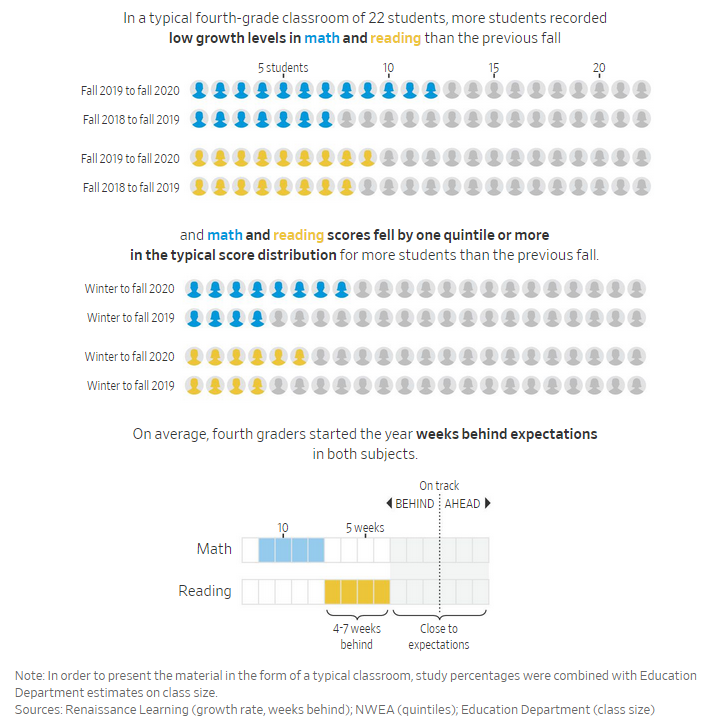California education officials—at least that’s how Williamson Evers, Senior Fellow, Director of the Center on Educational Excellence, refers to them; you and I might have different, colorfully metaphoric terms—want to base arithmetic training in K-12 on whether the classes have sufficient social justice in them, rather than on whether 2+2 equals 4 (Polish proverbs are not allowed, either). California’s Instructional Quality Commission is looking at requiring arithmetic to be taught in accordance with A Pathway to Equitable Math Instruction: Dismantling Racism in Mathematics Instruction.
This manual claims that teachers addressing students’ mistakes forthrightly is a form of white supremacy. It sets forth indicators of “white supremacy culture in the mathematics classroom,” including a focus on “getting the right answer,” teaching math in a “linear fashion,” requiring students to “show their work” and grading them on demonstrated knowledge of the subject matter. “The concept of mathematics being purely objective is unequivocally false,” the manual explains. “Upholding the idea that there are always right and wrong answers perpetuates ‘objectivity’.”
This, of course, is…nonsense.
If the Left, or their so-called educators, were truly interested in “social justice,” they would desist from their blithe, if carefully unspoken, assumption that blacks (all minorities, come to that) are inherently inferior, intrinsically incapable of mastering arithmetic—or anything else—as well as can any other group of human beings.
But if they did that, the Left would have to find a different means of feeling superior to others so that they could feel good about themselves.
Instead, they cling desperately to their (not so) soft bigotry of low expectations.

